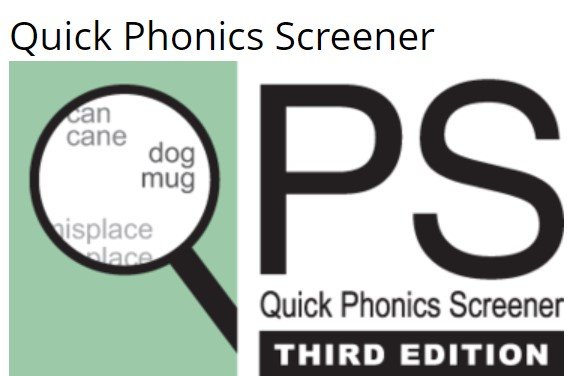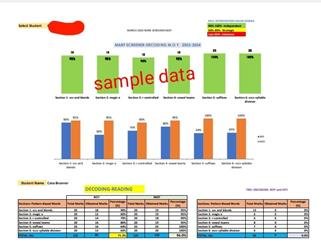
Assessment Overview
At Reading with Ms. Joy, all assessments are tailored to support each student’s individual reading journey. I use a variety of informal and formal educational screeners to help identify skill gaps, monitor progress, and inform instruction. These tools are designed to support lesson planning and track student growth in areas such as phonological awareness, decoding, and spelling.
Some assessments are included at no additional cost, while others may involve a small fee depending on the student’s needs and the tools required.
⚠️ Please note: These assessments are not formal diagnostic evaluations and do not provide a diagnosis of dyslexia or any other learning difference. They are strictly used for instructional planning and do not replace psychoeducational or neuropsychological evaluations provided by licensed professionals.
My goal is to make effective literacy support accessible and affordable, while empowering families with the information they need to support their child’s learning. I look forward to partnering with you on this personalized learning journey!







